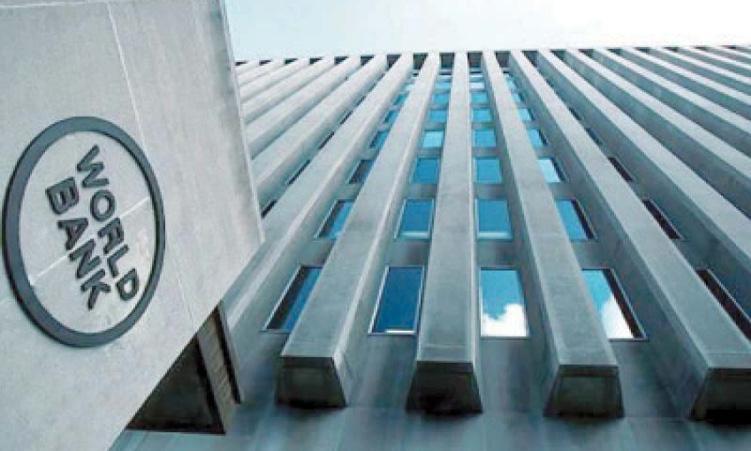Africa-Press – Namibia. The World Bank and African Development Bank (AfDB) have cautioned Namibia against the use of price comparisons as a primary basis for disqualification or scoring bids.
World Bank procurement expert Devesh Mishra, speaking during the launch of the Namibia Methodology for Assessing Procurement Systems yesterday, said there has to be a shift to more objective and transparent evaluation practices.
According to Mishra, automatically rejecting bids based on their price relative to an average could inadvertently encourage collusion among bidders.
“The use of relative comparison of bid prices and the use of discrete scales with subjective scoring should be avoided.
Bids need to be evaluated and scored based on evaluation criteria stated in the bidding documents,” said Mishra.
The Namibia Methodology for Assessing Procurement Systems was launched with financial and technical assistance from the World Bank and the AfDB.
The report on the systems highlights some of the weaknesses and strengths that exist within the procurement system and offers recommendations.
Additionally, the report recommends that Namibia introduce an end-to-end e-government procurement (e-GP) system to enhance transparency.
Mishra said while the current e-procurement system is good, it is insufficient.
“The existing e-procurement portal is commendable but it is only used by a few public entities, less than 5%,” said Mishra.
He added that the introduction of the e-GP will lead to substantial savings for the government and, therefore, better service delivery.
“The absence of an end-to-end e-GP system is a missed opportunity for enhancing transparency and generating substantial savings and revenue to sustain the public procurement system,” said Mishra.
An e-GP system is a complete online platform that manages the entire government buying process, from planning to payment.
This involves the online submission of bids, the electronic evaluation process, and the awarding of contracts.
In Namibia public procurement contributes to about 25.37% of the gross domestic product in 2021.
World Bank Namibia representative Mariama Sylla says the report brings to light the strengths and weaknesses that exists within the procurement system.
“Namibia is taking a proactive step to align with international standards and enhance accountability,” Sylla adds.
She says an improvement in the procurement process will enhance quality infrastructure, especially for marginalised groups.
“This will provide better jobs and help the government save more,” says Sylla.
World Bank procurement manager Elmas Arisoy says any improvement in procurement will make a huge difference in the country’s savings.
“This will also promote local markets and strengthen industries,” says Arisoy.
Additionally, she says the public procurement unit should be transformed from clerical to strategic for better service delivery.
“When it comes to use of money there is always risk of fraud and corruption, therefore, having a procurement system that is accountable will help to build trust,” says Arisoy.
Key challenges identified by the methodology is a lack of formal procurement qualifications or training for those employed as procurement officers.
There are 2 000 officers in procurement roles in 176 public entities, however, 75% work part-time without any formal procurement qualification or suitable training.
For More News And Analysis About Namibia Follow Africa-Press






